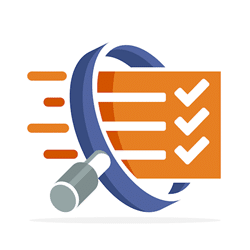You are invited to attend the GCDD Arkansas Virtual Listening Session on Monday evening, July 28th, from 6 pm-8 pm.
The Council is developing our next five-year state plan, a work plan for activities starting 10/01/2026 and continuing through 09/30/2031.
We need more input from Arkansans with intellectual and developmental disabilities! Please help us create a plan for improving the lives of people with developmental disabilities and their families across our state.
WHAT? GCDD Arkansas: Solutions for Our State, A Collaborative Listening Session
WHEN? 07/28/2025, 6-8 PM
WHERE? ZOOM, email for invite/link
WHY? To hear your concerns and needs.
If you wish to attend the meeting, please contact Scottie York. You will receive meeting information, directions and/or login instructions.
Send Email to [email protected] (ask to attend the virtual listening session).

Our goal is to improve the independence and productivity of Arkansans with disabilities and to ensure their integration into the community. With these sessions, we intend to identify the most pressing needs of the intellectual and developmental disability community in our state. The information we gather will guide our strategic plan for the next five years. Your input is vital to focus our efforts exactly where Arkansas needs them.
____________________________
Intellectual Disability (ID) is a lifelong condition where significant limitations in both intellectual functioning and adaptive behavior emerge during the developmental period (birth to 22 years of age).
Developmental Disabilities (DD), first defined in 1975 federal legislation now known as “The DD Act,”, are a group of lifelong conditions that emerge during the developmental period (birth to 22 years of age) and result in some level of functional limitation in learning, language, communication, cognition, behavior, socialization, or mobility. The most common DD conditions are intellectual disability, down syndrome, autism, cerebral palsy, spina bifida, fetal alcohol syndrome, and fragile X syndrome.
The acronym “IDD” is used to describe a group that includes either people with both ID and another DD or a group that includes people with ID or another DD. The supports that people with IDD need to meet their goals vary in intensity from intermittent to pervasive.



